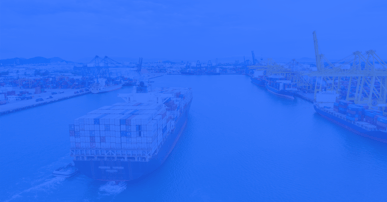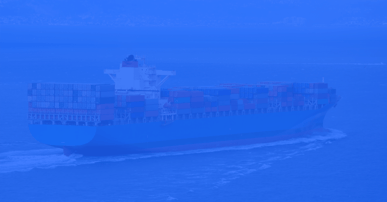We’re all painfully aware of the problems caused by blanked voyages, marginally working ports, and marooned containers that are resulting in losses to carriers and shippers alike. With so much chaos, who is going to pay? We thought we would also give a small look at the legal exposures being faced by the industry.
Exporters whose reefer boxes were suddenly diverted when China shut down - those carriers who diverted those reefer boxes because the Chinese ports had no available plugs because the truckers weren’t picking up the reefers - those importers/exporters whose containers of retail goods are stranded because malls and stores have been ordered shut? Who is liable for those losses?
One wonders if the carriers have any liability for damages incurred for those re-directed reefer boxes, delayed contracts, and other losses suffered by shippers and BCO’s; or could this be a Force Majeure situation?
Contract law is very exacting; was your contract difficult to perform because of COVID-19, illness, or was it difficult to perform because of government-ordered lockdowns and/or restrictions? It’s much easier to prove that a government lockdown was responsible for your cargo not being loaded into a container, or container of dresses was unable to be received, as opposed to claiming ‘ a virus’ infected your shop and made it unsafe, so it was ordered shut.’ That would be a challenge to prove.
While insurers actively sell business interruption insurance, they actively fight payments of such claims, saying that policies for natural or man-made disasters don’t cover virus outbreaks. “Pandemic outbreaks are uninsured because they are uninsurable,” David Sampson, president of the American Property Casualty Insurance Association, said recently. What’s at stake could be the survival of thousands of businesses if insurers don’t pay or the solvency of big-name insurance companies if they do.
Insurance companies say most policies that cover unanticipated business interruptions specifically exclude pandemics. Such exclusions became more common after the 2002 SARS outbreak in China that affected some 8,000 people worldwide, killing almost 800.
However a note to policyholders on the Travelers Indemnity Company website (the 2nd largest American property & casualty insurance company) reads like a blanket denial of virus shutdown claims because they’re “not a result of direct physical loss or damage.” It also cites virus exclusions in its policies. But such exclusions don’t mean businesses don’t have valid claims, opposing lawyers contend. They point to separate policy provisions requiring that insurers pay losses when civil authorities intervene during emergencies and order businesses to close.
The Net-Net from our totally non-legal perspective?
That Force Majeure ensures the box carriers have little-no liability, while the shippers and BCO’s will need good lawyers to pursue claim against their insurers, who will fight them every step of the way.
But while blanked voyages and imbalanced containers may be keeping box rates far higher than expected, the amount of box ships laid-up to keep those rates high is evidence of how few containers were actually being shipped. Now, as the lockdowns are slowly being removed, we’re going to see a real crazy show as all rush to move cargo again causing backlogs left and right. How will rates compare then? More to come on that shortly.
Photo by Arto Marttinen on Unsplash






